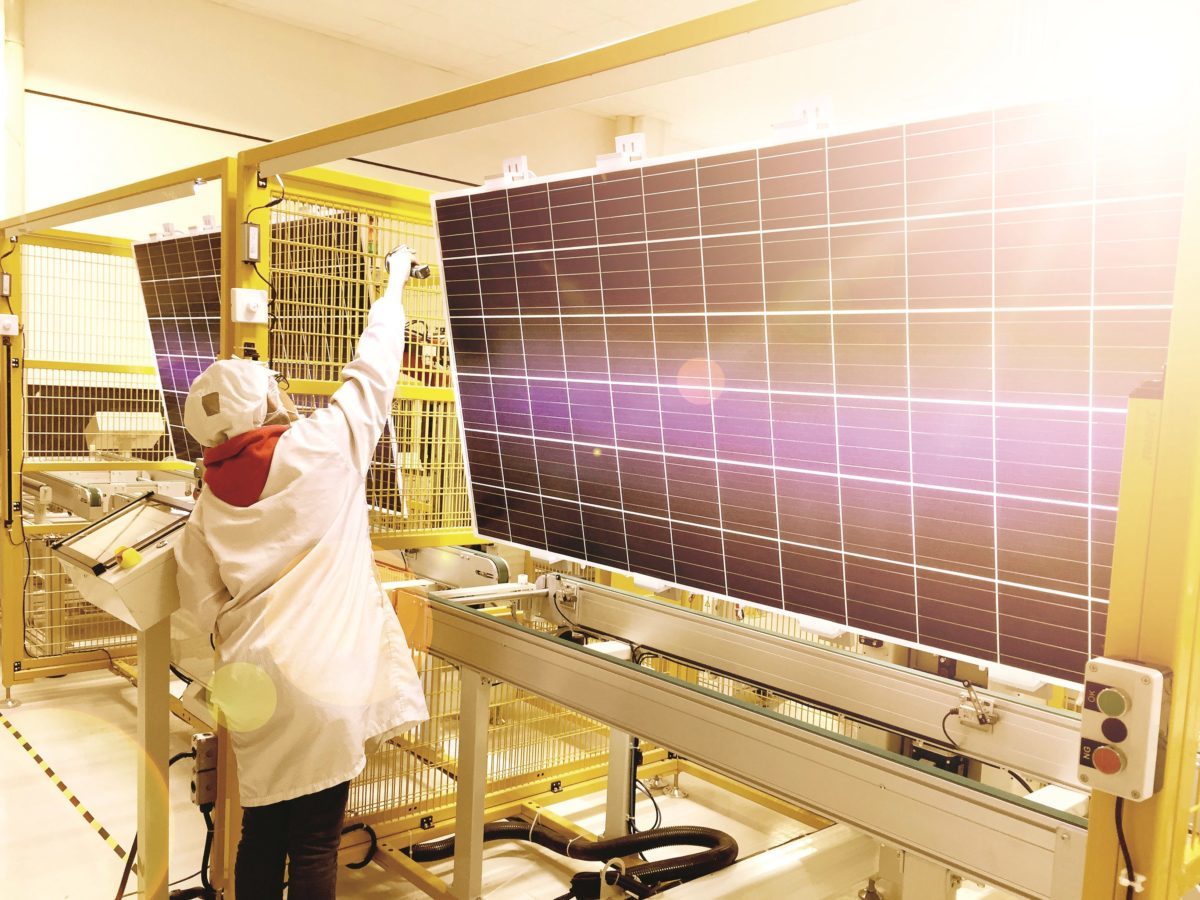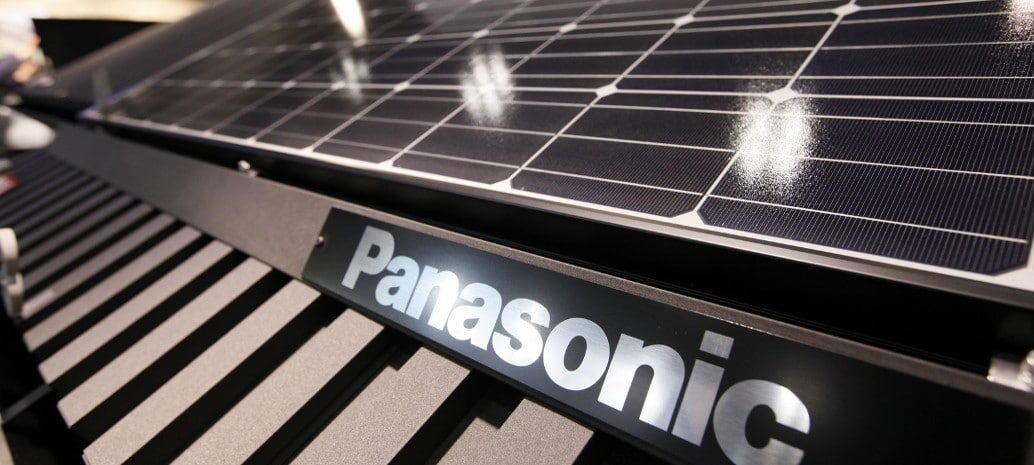Chinese-Canadian PV manufacturer Canadian Solar on Thursday posted a first-quarter net profit of $110.6 million, up from a $17.2 million loss in the same period a year ago, as net revenue soared 70% to $826 million, exceeding guidance for the first three months of 2020.
The company attributed the revenue growth to higher module shipments and project sales, which was partially offset by a decline in average module selling price (ASP). Total module shipments increased 41% year-over-year to 2.2 GW, in line with expectations.
“While COVID-19's impact on the demand for our products and services was limited in the first quarter, we remain cautious given the market uncertainty and expected softness in the second half of 2020,” said Canadian Solar Chairman and CEO Shawn Qu.
The chief executive said that, as with past periods of volatility, the company was restricting discretionary spending and investing in long-term growth opportunities. “The industry's long-term fundamentals remain strong, with numerous catalysts for revenue and profitability growth,” Qu added. “We are particularly excited by the market outlook for our Energy business, as lower equipment ASPs help to improve the profitability of our contracted projects.”
The low interest rate environment is making the company’s solar projects “even more sought-after as countercyclical investment assets,” Qu noted. Canadian Solar will continue to sell and recycle capital to grow its project pipeline while also growing stable, recurring revenues by retaining partial ownership of selected projects, he said.
The company completed solar power plant sales in Japan and Italy and reinvested in its project pipeline, added Yan Zhuang, former acting CEO and newly appointed president and chief operating officer. In addition to expanding its long-term partnerships with a new 1.2 GW multi-year module supply agreement with Britain’s Lightsource BP, Canadian Solar is making significant progress in creating bankable and competitive solar plus energy storage solutions, Zhuang said.
The company reduced its total debt and maintained unrestricted cash “at a healthy level,” said Senior VP and Chief Financial Officer Huifeng Chang. Canadian Solar increased its inventory level in the first quarter primarily due to its strategic decision to increase module inventory in the U.S. to qualify for the investment tax credit and applicable tax credit percentage, Change noted, adding that in light of the current macroeconomic weakness, the company suspended its share repurchase program to maximize liquidity.
Canadian Solar’s total project backlog and pipeline as of March 31 totaled 15.7 GWp and it has an additional 807 MWp of solar projects in construction. The company's portfolio of utility-scale solar power plants in operation at the end of March was 956 MWp, with an estimated total resale value of approximately $830 million — a figure based on selling prices that Canadian Solar is currently negotiating or transaction prices of similar assets in the relevant markets.
The group is also planning to expand its presence in the solar plus storage sector and is in advanced discussions with a number of parties for a sizeable part of its project pipeline. “We believe there are significant near- and long-term growth opportunities in the solar plus storage market, with demand being driven by declining battery storage costs, higher capacity needs and accelerating retirements of fossil fuel power plants,” the company said in a statement.
Looking forward, Canadian Solar said it expects total second-quarter module shipments to range between 2.5 GW and 2.7 GW. Total revenue is expected to reach between $630 million and $680 million.
While the company continues to expect total solar module shipments of between 10 GW and 12 GW for the year, it is withdrawing its 2020 annual financial guidance in light of the uncertainty caused by COVID-19 with respect to business conditions in the second half of 2020.
“While demand has remained relatively strong into the second quarter, there are uncertainties in the global COVID-19 environment relating to the timing of certain project sales which had been scheduled for this year,” Qu said, adding that the company had “seen declines in module and input material ASPs, with the timing and scale of these declines creating uncertainty with respect to profit margins.”
This content is protected by copyright and may not be reused. If you want to cooperate with us and would like to reuse some of our content, please contact: editors@pv-magazine.com.



1 comment
By submitting this form you agree to pv magazine using your data for the purposes of publishing your comment.
Your personal data will only be disclosed or otherwise transmitted to third parties for the purposes of spam filtering or if this is necessary for technical maintenance of the website. Any other transfer to third parties will not take place unless this is justified on the basis of applicable data protection regulations or if pv magazine is legally obliged to do so.
You may revoke this consent at any time with effect for the future, in which case your personal data will be deleted immediately. Otherwise, your data will be deleted if pv magazine has processed your request or the purpose of data storage is fulfilled.
Further information on data privacy can be found in our Data Protection Policy.